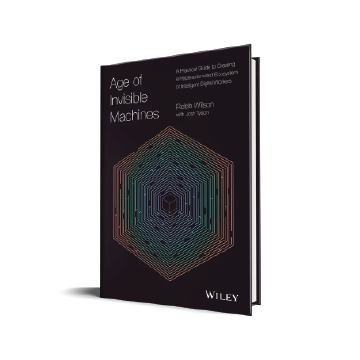In 2014, China introduced a controversial method of ensuring its citizens were law-abiding. The “Social Credit Score,” as it became known, tracked individuals’ actions within society and issued rewards or punish- ment according to how law-abiding they were.
A do-gooder picking up trash might earn extra points, giving them access to special events or VIP treatment on public transit. A sloppy drunk might rack up demerits and be banned from popular areas within their city.
While many in the West are quick to decry these draconian measures, Americans have adopted something vaguely similar in the customer score. Hop into an Uber and make a fuss, your rating goes down. Leave your Airbnb a mess? There goes that perfect “10.”
The current model is based around individual rating systems used by individual businesses, review sites, and search engines. Because they are decentralized and suffer from corruption and human bias.
What if, instead of juggling dozens of different scores, we had one system, managed by IDWs and stored in a blockchain ecosystem where corruption and bias have no sway? Think of it like a credit score, but for tracking our engagement with private business.
This score would be accessible to everyone, affected by our ongoing interaction with private businesses, individuals, and even the govern- ment. It would help new businesses understand customer behaviors and habits, tailoring their support (or lack thereof) appropriately. The government, recognizing good or bad citizenship, might reward you with tax cuts or penalize you with a tax hike. Even airlines could leverage customer scores, using them to cut low-score passengers when flights are overbooked.
